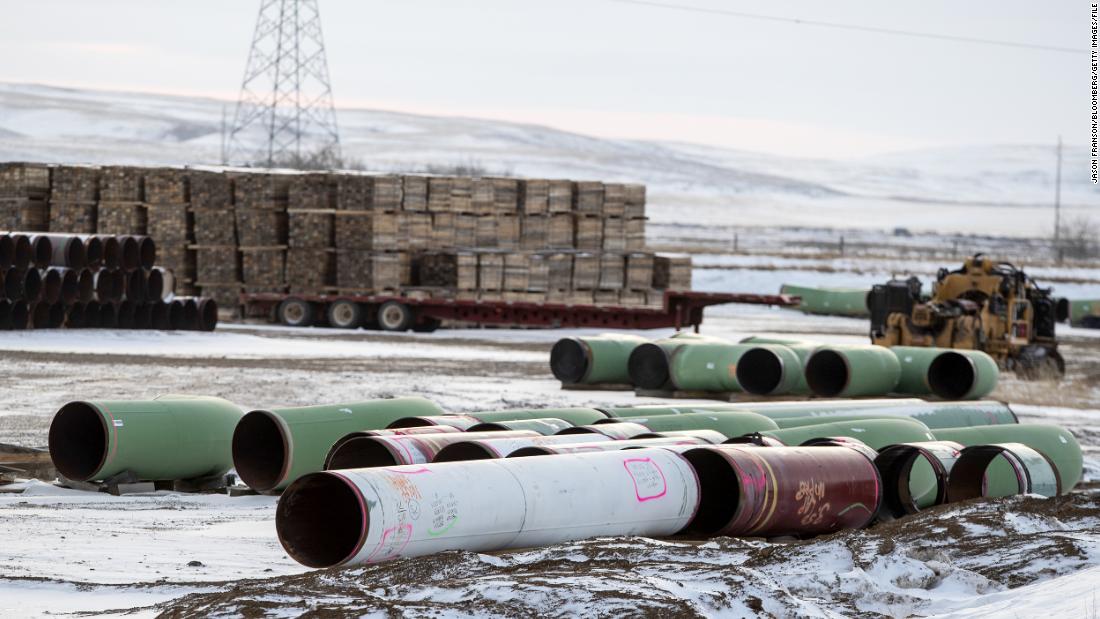
Texas Attorney General Ken Paxton and Montana Attorney General Austin Knudsen argued in the complaint that Congress, not Biden, has the authority to change policy.
Biden’s order “does not cite any legal authorization or any other authorization that would allow the president to change the energy policy established by Congress in this way,” Paxton and Knudsen wrote in the complaint arguing that the president does not have the power to enact its “ambitious plan” to reform the economy by challenging Congress’ unwillingness to do so. ”
With the lawsuit “on behalf of many of the states through which Keystone XL runs,” they are joined by attorneys general from Alabama, Arizona, Arkansas, Georgia, Kansas, Kentucky, Indiana, Louisiana, Mississippi, Missouri, Nebraska, North Dakota. , Ohio, Oklahoma, South Carolina, South Dakota, Utah, West Virginia and Wyoming in challenging the Biden movement.
Biden revoked the permit for the pipeline on his first day in office through executive action as part of a series of measures to combat climate change, which also included reinstatement in the Paris Agreement on climate change and the imposition of a temporary moratorium on oil and gas leasing in the Arctic.
Keystone XL, a pipeline planned to carry oil from Canada’s oil sands to the United States, has been a political footballer between climate activists and the oil industry.
The Biden administration’s stance and actions so far on the climate mark a significant deviation from that of former President Donald Trump, who granted permission to the controversial pipeline and was a fierce advocate for the fossil fuel industry. Among other steps, Trump circumvented environmental regulations, attempted to rescue coal miners, installed a former coal lobbyist to lead the U.S. Environmental Protection Agency, and helped negotiate an agreement with the Organization. of Oil Exporting Countries to rescue shale oil producers.